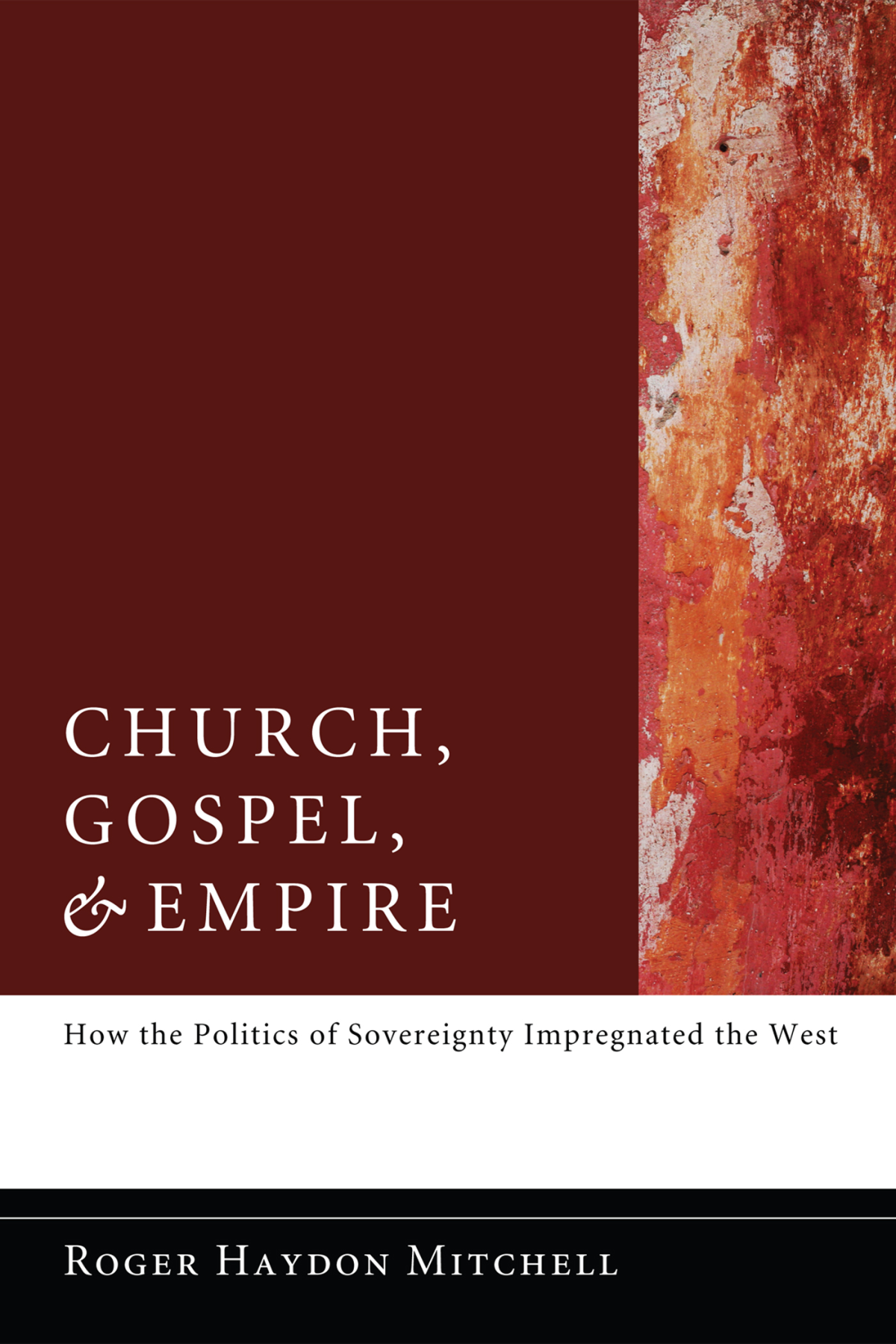

Most ebook files are in PDF format, so you can easily read them using various software such as Foxit Reader or directly on the Google Chrome browser.
Some ebook files are released by publishers in other formats such as .awz, .mobi, .epub, .fb2, etc. You may need to install specific software to read these formats on mobile/PC, such as Calibre.
Please read the tutorial at this link: https://ebookbell.com/faq
We offer FREE conversion to the popular formats you request; however, this may take some time. Therefore, right after payment, please email us, and we will try to provide the service as quickly as possible.
For some exceptional file formats or broken links (if any), please refrain from opening any disputes. Instead, email us first, and we will try to assist within a maximum of 6 hours.
EbookBell Team

4.7
36 reviewsThis book addresses the apparent dislocation of the church and theology from the socio-cultural mainstream and attempts to recover its counterpolitical voice. It argues that early in ecclesiastical history, the tradition's founding and constituent principles were betrayed by a complicity with the prevailing politics of sovereignty that has continued to this day. Following the contours of contemporary theologians who explain the dislocation in terms of a fall in early modernity, an initial subsumption of transcendence by sovereignty is proposed. The genealogy of this fall is then explored in four historical studies focusing on the theopolitical transformations of law, violence, and appeasement from their beginnings in the writings of Eusebius of Caesarea to their culmination in the commodification of life itself. The trajectory is traced through seminal soteriological developments such as the crusade theology of Pope Innocent III, the inversion of the corpus verum and the corpus mysticum, and the conjunction of sovereignty and capital in the mysterious currency of the Bank of England. The narrative culminates in the seemingly paradoxical concurrence of the politics of biopower and the so-called century of the Holy Spirit. Drawing on a radical substratum intimated in the case studies, the final section develops an innovative christological configuration of kenosis or what is termed 'kenarchy.' This provides a re-imagining of the divine distinct from its implication with imperial sovereignty, which could allow theology to make a more effective contemporary political intervention.